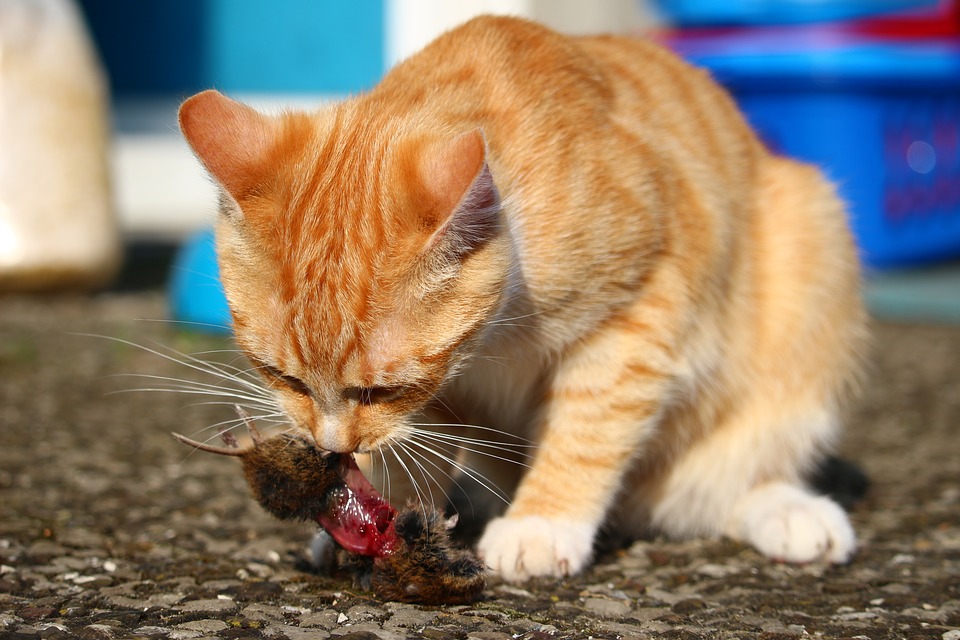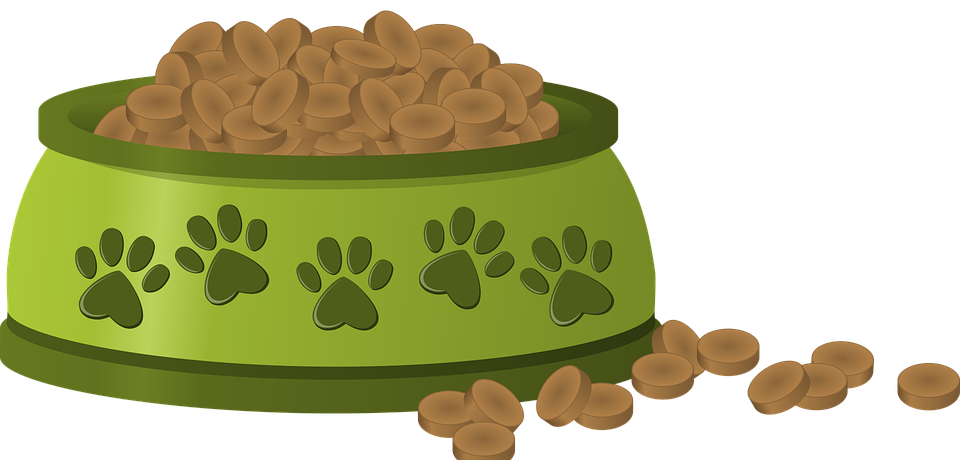Peanuts, a popular snack for humans, are often met with curiosity when it comes to our feline companions. The question of whether cats can safely enjoy peanuts sparks concerns among cat owners about potential health risks. This comprehensive guide unravels the mystery surrounding peanuts and cats, examining the potential dangers, nutritional aspects, and safe alternatives to satisfy your cat's cravings.
Part 1: The Risks of Peanuts for Cats

1.1. Choking Hazards: A Silent Threat
Peanuts, especially whole peanuts, present a significant choking risk for cats. Their small size and smooth texture make them difficult for cats to chew and swallow effectively. This can lead to airway obstruction, a life-threatening situation that requires immediate veterinary attention. Even small pieces of peanuts can lodge in the throat or windpipe, causing difficulty breathing, coughing, and even death.
1.2. Digestive Distress: More Than Just an Upset Stomach
Cats lack the necessary enzymes to break down peanuts efficiently, making them difficult to digest. Ingesting peanuts can trigger a cascade of digestive issues, including:
Vomiting and Diarrhea: These are common reactions to peanut consumption, as the cat's body tries to expel the indigestible food.
Abdominal Pain and Discomfort: Cramps, bloating, and discomfort in the abdomen are frequent symptoms associated with peanut consumption.
Gas and Bloating: The inability to digest peanuts can lead to the buildup of gas in the digestive tract, causing discomfort and potential for more serious complications.
1.3. Peanut Allergies: An Unforeseen Threat
Like humans, some cats can develop allergies to peanuts. These allergies can manifest as:
Skin Reactions: Hives, itching, and inflammation on the skin are common signs of a peanut allergy.
Respiratory Distress: Wheezing, coughing, and difficulty breathing indicate a potential allergic reaction affecting the respiratory system.
Gastrointestinal Issues: Vomiting, diarrhea, and abdominal pain are further indicators of a peanut allergy impacting the digestive tract.
1.4. Aflatoxins: The Silent Toxin
Peanuts can contain aflatoxins, a type of mycotoxin produced by certain fungi. Aflatoxins are known to be toxic to cats and can cause significant liver damage.
Liver Damage: Aflatoxins can lead to liver inflammation, fibrosis (scarring), and potentially even liver failure.
Weakened Immune System: Aflatoxins can suppress the immune system, making cats more susceptible to infections and diseases.
Other Health Issues: Aflatoxins have been linked to various health problems in cats, including cancer, reproductive issues, and developmental abnormalities.
1.5. The Importance of Prevention: A Safeguard for Your Cat's Health
Preventing your cat from ingesting peanuts is crucial to safeguarding their health. Store peanuts out of reach, and be mindful of potential sources like fallen nuts or food scraps.
Part 2: Nutritional Value of Peanuts for Cats

2.1. A Limited Nutritional Profile: Not a Cat's Best Friend
While peanuts contain some nutrients like protein and healthy fats, they offer minimal nutritional value for cats. Feline dietary needs are specific and cannot be met by peanuts.
2.2. Potential for Nutritional Imbalances: A Delicate Balance
Peanuts lack essential nutrients vital for cats, including taurine, arachidonic acid, and vitamin A. Feeding peanuts as a primary food source can lead to nutritional imbalances, potentially affecting your cat's overall health.
2.3. The Importance of a Balanced Diet: The Foundation for Health
A balanced diet formulated for cats should be the foundation of their nutrition. Commercial cat food provides the essential nutrients in the correct proportions to support your cat's health and well-being.
Part 3: Safe Alternatives to Peanuts for Cats

3.1. Cat-Specific Treats: A Tailored Approach
Commercial cat treats are designed specifically to meet your cat's nutritional needs. Look for treats that are:
Low in Fat, Sodium, and Sugar: These factors are important for maintaining a healthy weight and avoiding health problems.
Free from Artificial Colors and Flavors: These additives can be harmful to cats and are best avoided.
High-Quality Ingredients: Choose treats made with natural and wholesome ingredients that are safe and beneficial for your cat.
3.2. Homemade Treats: A Delicious and Healthy Option
You can create healthy and delicious treats at home using ingredients safe for cats:
Cooked Chicken or Fish: Provide a source of protein and essential fatty acids, contributing to healthy skin and coat.
Pumpkin Puree: Rich in fiber, pumpkin puree aids digestion and can be beneficial for cats with gastrointestinal issues.
Plain Yogurt: A good source of calcium and probiotics, plain yogurt can support gut health and immune function.
3.3. Safe Fruits and Vegetables: A Touch of Variety
Some fruits and vegetables can be enjoyed by cats in moderation:
Berries: Strawberries, blueberries, and raspberries are good sources of antioxidants, supporting overall health.
Bananas: A source of potassium and fiber, bananas can add variety to your cat's diet.
Carrots: Rich in vitamin A and beta-carotene, carrots contribute to healthy vision and skin.
3.4. The Importance of Moderation: A Healthy Balance
Always remember to offer fruits and vegetables in moderation. Too much of any food, even healthy options, can cause digestive upset in cats.
Part 4: What to Do If Your Cat Eats Peanuts
4.1. Observe for Symptoms: Early Detection is Key
Keep a close eye on your cat for any signs of illness after potential peanut ingestion:
Vomiting: This is a common reaction to indigestible food, including peanuts.
Diarrhea: Another common sign of digestive upset, diarrhea can indicate peanut consumption.
Abdominal Pain: Your cat may show signs of discomfort by pressing their abdomen or vocalizing in pain.
Bloating: A swollen abdomen can indicate gas buildup or a blockage in the digestive system.
Wheezing: This indicates potential respiratory distress, possibly due to an allergic reaction or airway blockage.
Difficulty Breathing: If your cat has trouble breathing, it could be a sign of a serious medical emergency.
Skin Reactions: Hives, itching, and inflammation on the skin are signs of a potential peanut allergy.
4.2. Contact Your Veterinarian: Seek Professional Advice
If you notice any of these symptoms, contact your veterinarian immediately. They can assess the situation and provide the appropriate advice and treatment based on your cat's individual needs.
4.3. Provide Supportive Care: Comfort and Hydration
Offer your cat plenty of fresh water to help flush out any toxins and encourage hydration. You can also offer bland food, such as boiled chicken or rice, to soothe their stomach.
Part 5: FAQs
5.1. Can cats eat peanut butter?
While peanut butter may seem appealing, it is also unsafe for cats. The smooth, sticky texture of peanut butter poses a choking hazard, and the high fat content can lead to digestive upset. Additionally, xylitol, a common sweetener found in peanut butter, is highly toxic to cats.
5.2. Are there any breeds of cats that can eat peanuts?
No, all breeds of cats are at risk of the same dangers associated with peanut consumption. Peanuts are not safe for any breed of cat.
5.3. Can cats eat peanuts in moderation?
Even small amounts of peanuts can be harmful to cats. It is best to avoid them altogether to ensure your cat's safety.
5.4. Are roasted peanuts safer than raw peanuts?
Both roasted and raw peanuts pose risks to cats. They are both difficult to digest and can contain aflatoxins.
5.5. Can cats eat peanut shells?
Peanut shells are even more hazardous than peanuts. They are very hard and sharp, increasing the risk of choking, intestinal blockage, and potential for serious internal injuries.
5.6. What should I do if I find peanut shells in my cat's vomit?
If you find peanut shells in your cat's vomit, contact your veterinarian immediately. They can assess the situation and determine the best course of action, which may involve further examinations and treatments.
5.7. What are some safe alternatives to peanuts for cats?
Safe and healthy alternatives to peanuts include:
Commercial cat treats: Specifically formulated to meet your cat's nutritional needs.
Homemade treats: Made with safe ingredients like cooked chicken, fish, pumpkin puree, and plain yogurt.
Safe fruits and vegetables: Berries, bananas, and carrots, offered in moderation.
5.8. Can cats eat peanut butter in small amounts?
While peanut butter may be tempting to cats, it is important to remember that it is not a safe food for them. Even small amounts can cause digestive upset, and the potential presence of xylitol poses a significant risk to their health.
In conclusion, it is imperative to steer clear of peanuts when it comes to your feline friend. They offer no nutritional benefits and present various health risks. By providing a balanced diet with cat-specific treats, homemade alternatives, and safe fruits and vegetables, you can ensure your cat's well-being and a happy, healthy life.
Everyone is watching
-

Are Cat Ribs Flexible? Understanding Their Anatomy
CATS & KITTENSThis article delves into the fascinating world of feline anatomy, exploring the flexibility of cat ribs and ho...
-

Can Cats Eat Bananas? (Everything You Need to Know)
CATS & KITTENSThis article dives into the intriguing question of whether cats can safely enjoy the sweet, yellow fruit, bana...
-

Cat Lifespan: How Long Do Cats Live?
CATS & KITTENSThis comprehensive guide explores the factors influencing the lifespan of our feline companions, providing ins...
-

Can Cats Get COVID-19? What You Need to Know
CATS & KITTENSThis article will delve into the fascinating world of feline COVID-19 susceptibility. We'll explore whether ca...
-

Can Cats Eat Eggs? A Complete Guide to Egg Safety for Your Feline Friend
CATS & KITTENSWhen it comes to treating our furry companions, we all want to ensure we're doing what's best for them. Eggs...
